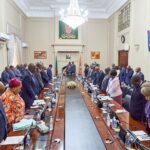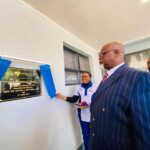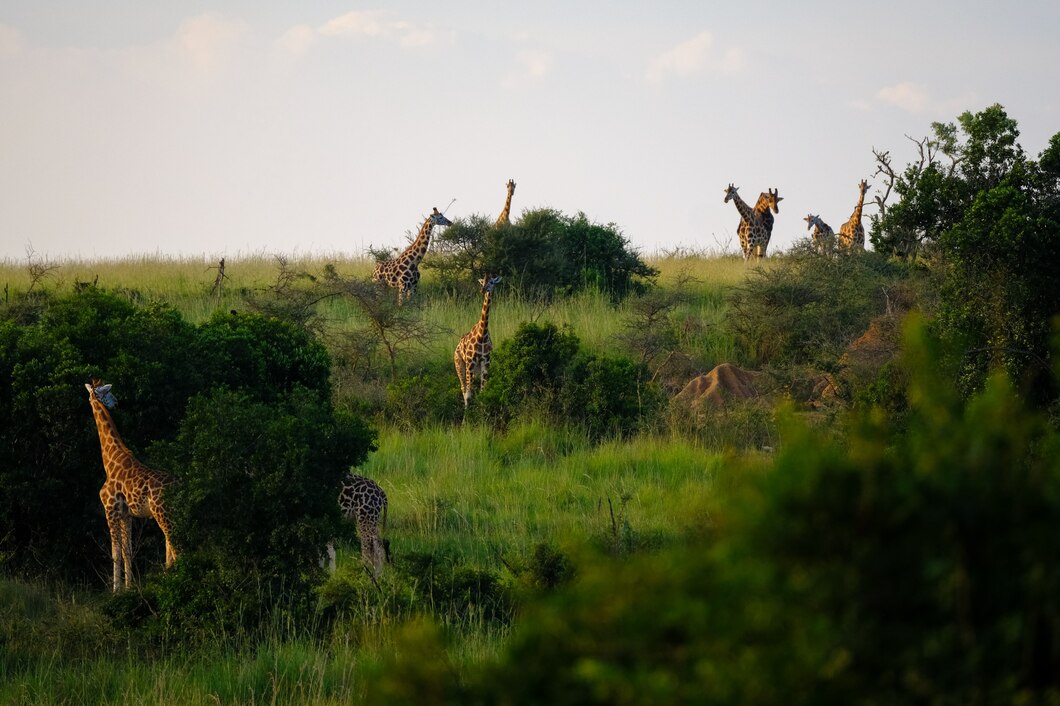The Zambian government has expressed its full support for the renewal of African Parks (AP)’s agreement to manage Liuwa Plain National Park, with Tourism Minister Rodney Sikumba assuring that there would be “no problem whatsoever” in extending the partnership. The current 20-year agreement between the government and AP, which was first signed in 2004, is set to expire this year, and discussions are ongoing for a potential extension.
Minister Sikumba made the remarks during an event marking the conclusion of the two-decade-long partnership. He praised African Parks for its invaluable contributions to raising the tourism profile of Liuwa Plain and improving the park’s management. “Now that we have clocked the first 20 years together, I do believe that we have no problem, whatsoever, to get into another arrangement that I strongly believe will be better and broader,” he said.
The minister highlighted the significant impact the partnership has had on the park, particularly in terms of its tourism appeal. Liuwa Plain is now considered one of Zambia’s premier tourist destinations, largely due to the collaborative efforts between the government, African Parks, and the Barotse Royal Establishment (BRE).
In recognition of the success of this partnership, Sikumba also revealed that some of the management strategies employed at Liuwa have been implemented in other national parks across Zambia. Additionally, the government is set to introduce infrastructural development in Liuwa Plain National Park, financed through a concessional loan from the World Bank.
The Litunga of Barotseland, whose speech was delivered by Ngambela Mukela Manyando, also praised African Parks for promoting harmony between local communities and wildlife. He recalled the initial criticism he faced when he first invited AP to manage the park two decades ago. “This good idea which we are celebrating today was called all sorts of names; alleging that I had sold the park,” he noted.
Over the past 20 years, the park has seen remarkable improvements, particularly in its wildlife populations. The wildebeest population has increased from 15,000 to 45,000, making Liuwa Plain the second-largest wildebeest destination in Africa, after Tanzania’s Serengeti. African Parks’ efforts to restore the park’s ecosystem have been a key factor in this success.
James Milanzi, AP’s country director for Zambia, emphasized that the organization’s greatest achievement in Liuwa has been the restoration of a functioning ecosystem, which has enabled wildlife populations to flourish. “Without a functional ecosystem, if the waters are not flowing, if the animals are not thriving, then even tourism won’t be achieved,” Milanzi explained.
Peter Fearnhead, co-founder of African Parks, stressed the importance of ongoing commitment to the park’s preservation. “The job of protecting a landscape is never done. Although the work that has passed is critical to where we find ourselves today, it is only the actions of the future that will determine whether Liuwa Plain survives into the future,” he said. Fearnhead called for continued dedication and vision, similar to that shown by King Lewanika and HM Lubosi Imwiko II, to ensure the park remains a key ecological and tourism asset for generations to come.
With plans for further development and continued support from the Zambian government, the future of Liuwa Plain National Park looks promising, as African Parks remains committed to its vision of preserving the park and fostering sustainable tourism.






